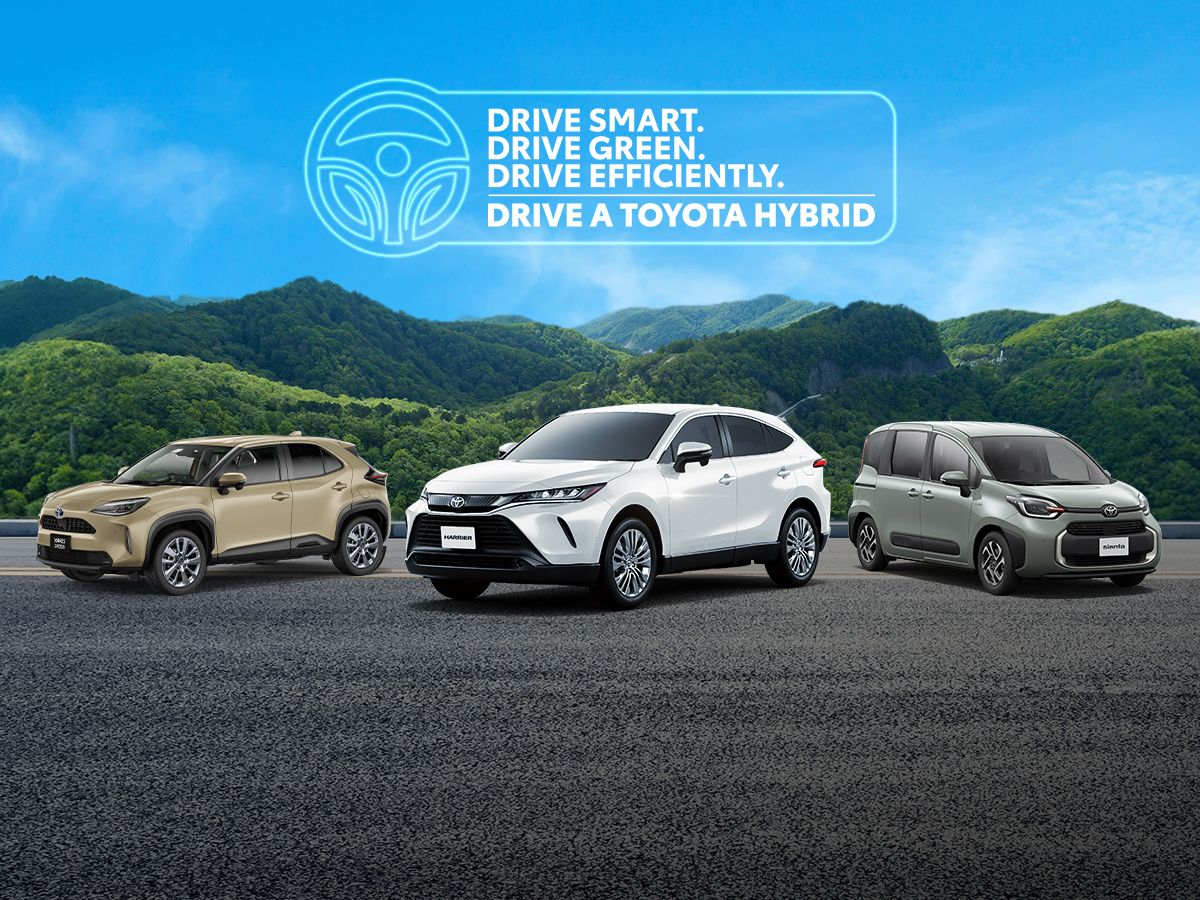1. Education On Hybrid Technologies
1.1 Full Hybrids vs. Mild Hybrids
Understanding Full Hybrids
-
Definition: Full hybrids can run solely on electric power from its motor, petrol engine, or a combination of both, offering flexibility in power sources.
-
Components: These systems typically include a larger battery compared to a mild hybrid, an electric motor, and sophisticated energy management systems. The combination allows for greater adaptability in various driving conditions, from city streets to open highways.
Understanding Mild Hybrids
-
Definition: Mild hybrids primarily use an electric motor to assist the petrol engine, but cannot operate on electric power alone.
-
Components: Smaller batteries and electric motors assist in functions like acceleration and energy recuperation during braking. This technology enhances fuel efficiency and reduces emissions but does not offer the full versatility of a full hybrid system.
-
Energy Efficiency: Full hybrids generally offer greater fuel efficiency and lower emissions compared to mild hybrids. For instance, Toyota's full hybrid vehicles typically deliver higher fuel efficiency compared to their mild hybrid competitors’ counterparts.
Benefits of Full Hybrids Over Mild Hybrids
-
Energy Efficiency: Greater fuel economy due to the ability to run on electric power alone in certain conditions.
-
Versatility: Ability to drive short distances on electric power only, reducing fuel consumption and emissions in urban settings.
1.2 Toyota Self-Charging Hybrid Technology
What is a Toyota Self-Charging Full Hybrid?
-
Concept: A seamless integration of electric and petrol power, with an automatic energy management system. This innovative technology ensures that drivers enjoy a convenient driving experience without the need for external charging infrastructure.
-
Functionality: The system captures and stores energy generated from braking and coasting, which charges the battery without external power sources. This leads to a reduction in the overall energy required from the engine, contributing to improved fuel economy.
How Does Toyota Self-Charging Full Hybrid Work?
-
Regenerative Braking: Converts kinetic energy into electrical energy to recharge the battery. This process not only saves energy but also prolongs the life of the braking system.
-
Energy Management: Smartly switch between power sources for optimal performance and efficiency. This sophisticated system automatically determines the most efficient way to drive the vehicle, ensuring that it operates in the most eco-friendly manner possible.
2. Why Choose Toyota Self-Charging Full Hybrids
2.1 Benefits of Toyota Self-Charging Full Hybrids
Overview
-
Comprehensive Performance: Combines electric and gasoline engines for superior performance and fuel efficiency.
-
Cost Savings: Reduced fuel consumption leads to lower long-term operational costs, with lesser fuel stops.
-
Convenience: No need to plug in, as the system autonomously charges while driving.
-
Efficiency: Optimizes fuel economy and reduces emissions, contributing to environmental sustainability.
No Plug-In Required
-
Simplicity: Eliminate the hassle of external charging setups.
-
Flexibility: Ideal for all types of driving conditions without the range anxiety associated with pure electric vehicles. This makes it a suitable choice for both urban commutes and long-distance travel.
Exceptional Fuel Efficiency
-
High Mileage: Achieves excellent fuel economy, making it an economical choice for long-term use. Models like the Toyota Corolla Cross have consistently been rated among the top in fuel efficiency, with a record of travelling up to 1,051km on a single tank.
-
Adaptive Driving: Efficient in both city traffic and highway driving conditions. The smart energy management system ensures that the vehicle adjusts to driving patterns to maximize efficiency.
Environmental Impact
-
Lower Emissions: Significant reduction in CO2 emissions, contributing to a cleaner environment. By choosing a Toyota full hybrid, drivers can reduce their carbon footprint significantly.
-
Sustainability: Aligns with global trends towards eco-friendly automotive solutions. Toyota's commitment to sustainability extends beyond vehicles to include eco-friendly manufacturing processes.
Performance
-
Smooth Driving Experience: Seamless transition between power sources ensures a comfortable ride. The quiet operation and smooth acceleration enhance the driving experience.
-
Responsive Power: Instant torque from electric motors enhances acceleration and overall driving dynamics. This ensures that drivers have the power they need when they need it.
2.2 Comparison with Other Hybrids
Toyota Full Hybrids vs. Other Hybrid Cars
-
Technology: Leading-edge hybrid technology with superior energy management and regeneration capabilities. Toyota's hybrids are renowned for their durability and innovative engineering.
-
Brand Reliability: Toyota's reputation for durability and reliability reinforces consumer confidence. With a strong track record of reliability, Toyota continues to lead the market in hybrid technology.
Why Toyota Full Hybrids Stand Out
-
Innovative Solutions: Advanced hybrid systems that deliver top-notch performance and efficiency. Toyota continuously invests in research and development to bring cutting-edge technology to its customers.
-
Customer Satisfaction: Proven track record of customer satisfaction and loyalty in the hybrid market. Numerous testimonials from satisfied Toyota hybrid owners attest to the brand's commitment to quality and performance.










































 Book A Test Drive Now
Book A Test Drive Now